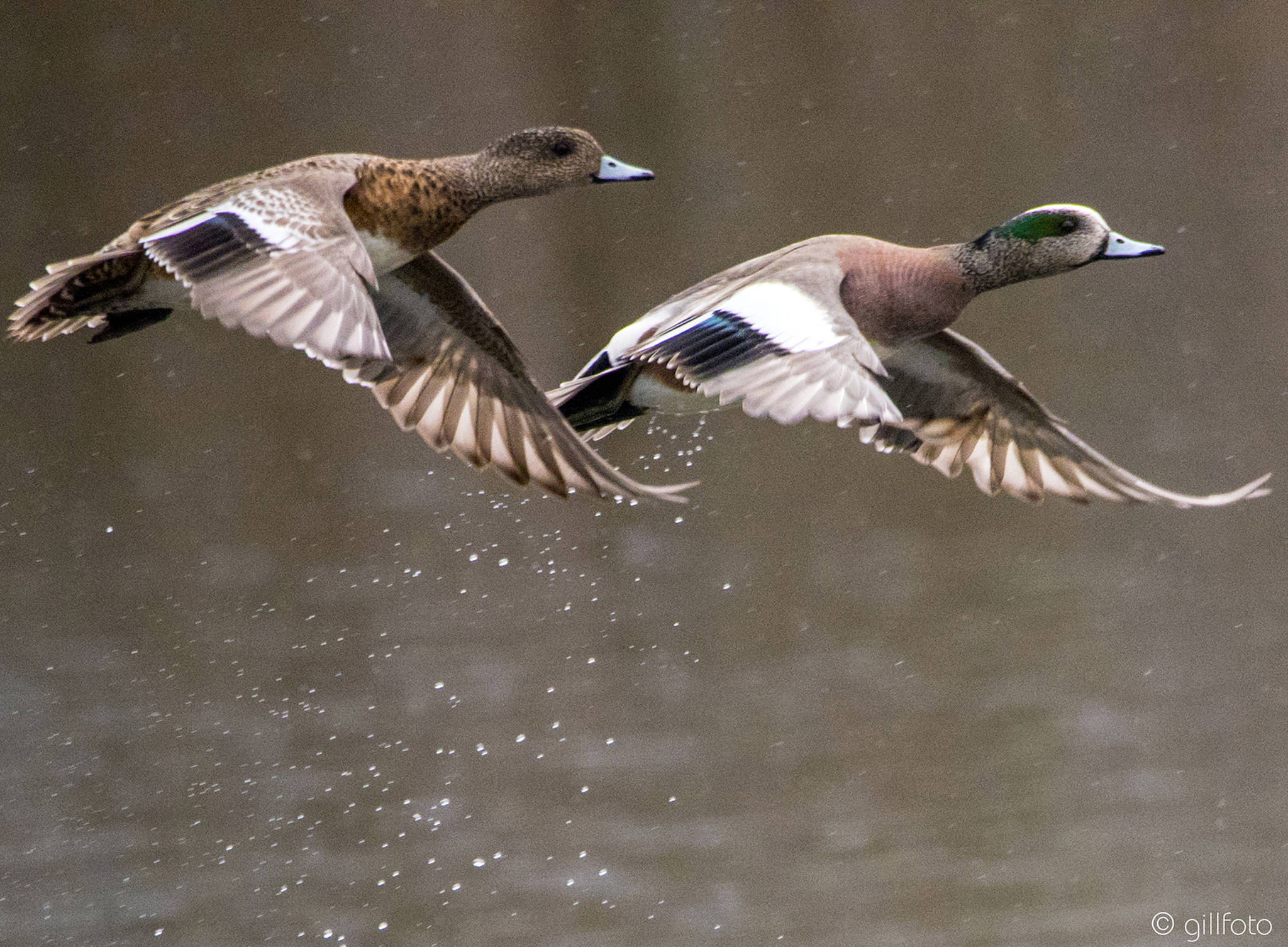There’s a poem by Wendell Berry, written over five decades ago, called “The Peace of Wild Things.” The poem has been reprinted many times and also set to music.
At a recent concert when the song was performed, I was asked to make an introduction, using my experience as a local naturalist — a personal statement related to the thoughts expressed in the poem — despair and grief at the state of the world and finding solace in nature.
With great trepidation, I agreed to do this, although this task was much harder than writing a scientific paper or giving a class lecture. So here goes …
Like the poet in the song, I am very pessimistic about the future of the natural world. The things we proudly call civilization and progress have unleashed a monstrous wave of destruction over the planet. The human population has been and still is increasing at a phenomenal rate, creating social tensions as well as prodigious ecological damage.
[A fun game to play while hiking]
With little or no regard for the often predictable consequences, human activity is wreaking havoc everywhere — cutting forests, plowing prairie, paving ponds and marshes, overharvesting and overgrazing, blocking or diverting streams, extracting material resources and dumping what’s unwanted, polluting land and ocean and air, warming the climate, causing one of the biggest extinctions in the history of the world.
There is clearly reason for grief and despair. No use waiting for government or bureaucracy to act, and I think collective human behavior is unlikely to change very much.
It all comes down to individuals. But distressed minds do not think clearly; despair must be temporarily set aside behind a mental curtain, in order to live productively and constructively, perhaps even doing some small things to slow the pace of destruction.
In a search for equilibrium, I seek comfort and peace where it can still be found.
[Finding purpose in exploring the Last Frontier]
Even as a child, I found comfort in walking in woods or meadows, doing nothing in particular, just looking and listening. Mind you, I didn’t know anything; I reckon I could tell a maple from an oak, and a robin from a blue jay, but that’s about all.
Now I know a bit more, and I still walk outdoors, in forest or meadow, virtually every day, looking and listening.
The best kind of walk for me, either solo or with a like-minded friend, is one of noticing things in my surroundings, finding little stories of interest. The surroundings are not just scenery. I am intently focused, so it’s a kind of meditation, but that focus is directed outward.
I love the little stories I find …
Here’s where a weasel popped up out of the snow, bounded a few yards, and dove back under, presumably hunting voles.
Here are the tracks of a junco near the web of a winter spider, where it may have picked bugs from the web.
And here is a bumblebee, sleeping in a fireweed flower.
[Wild Shots: Photos of Mother Nature in Alaska]
Look how happy the lichens are, after that rain.
There’s a nest of a black-backed woodpecker, and the noisy young ones are just now fledging.
The ruby-crowned kinglets are here again, and singing my favorite song.
I take other kinds of walks, of course — some might be mainly for exercise, or for sociality with friends, or for time to brood about what to make for dinner. But even those walks bring some inner peace, because I know the other lives are there.
I am hearing a chorus of subtle voices, not with my physical ear, but internally. It is a chorus of tardigrades in the mosses, of voles under the snow, of sticklebacks in the ponds, of shooting stars waiting for a bee. On such walks, I “hear” them without paying focused attention; I just know that they are there.
In a different way, that can be as comforting and important as listening to a Franz Schubert sonata, a Joseph Haydn symphony or a Johann Sebastian Bach motet.
By focusing on little stories, listening to the subtle voices, and just knowing they are there, I find a feeling of connectedness to the other lives in natural communities around me, making me part of it all. As another song says, “because you are listening, you’re part of the song.” That fosters some inner peace, restedness and renewal.
I’ll end here with a small story. After my husband (and canoe partner) died, I was determined to keep on canoeing. I bought a solo canoe, and for many years I made solo trips to the Boundary Waters and Quetico, staying out for a week or more at a time. Each trip was an experience of total immersion in the here and now, a kind of strenuous meditation; for that time, there were no past or future concerns. No motors, very few people, an occasional bear.
One day I pulled up to a portage, unloaded my boat and was about to swing my canoe up on my shoulders, when I heard a bird song from the top of a nearby tree. Not a robin, so I looked up. At the top of a white birch tree with brand-new shiny green leaves, backed by a cerulean sky, there was a male scarlet tanager.
Oh my!
That vision and that song carried me over the portage and a long way on, and they’re with me still.
Peace be with you.
• Mary F. Willson is a retired professor of ecology. “On The Trails” is a weekly column that appears every Friday. Her essays can be found online at onthetrailsjuneau.wordpress.com.

